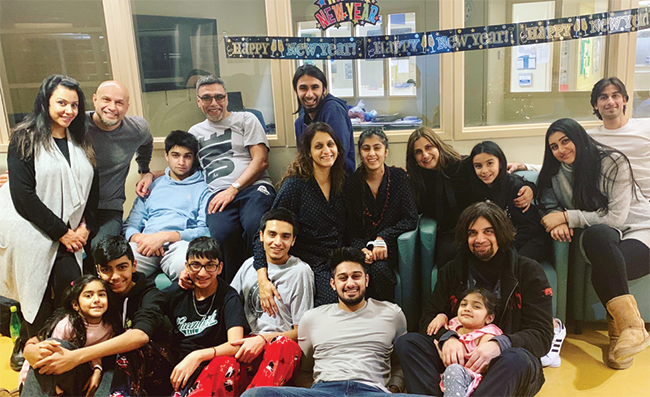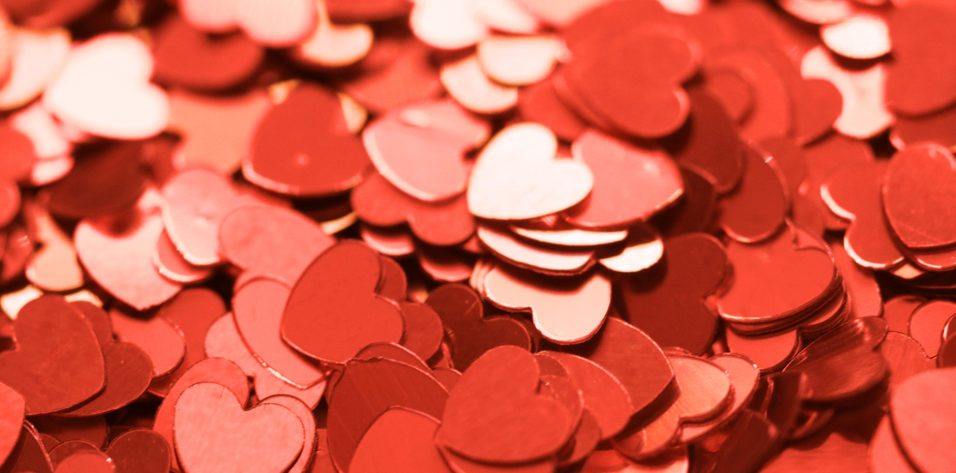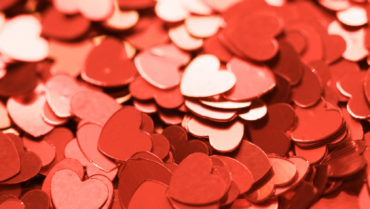I love my life as a doctor. I understand how some people need to separate their personal and professional lives, but, for me, it’s all in. It’s not that being a doctor is who I am; being a doctor is the result of who I am. It’s the things that matter most to me—my family, my friends, my faith—that define me as a person and, in turn, guide me as a doctor.
This became very apparent to me recently, when the people, beliefs, and career that give my life purpose were simultaneously rocked to the core. Last month, my 20-year-old niece was admitted to the hospital with acute severe heart failure. As a healthy, vibrant young woman, it came as a complete shock. We are a very close family that lives the “it takes a village” mindset. This was a massive blow to all of us.

Figure | One week after his niece’s heart transplant, Dr. Ahmed’s family celebrated the New Year together in the hospital.
One month later, after a Christmas Eve miracle, my niece was recovering from a heart transplant. It is still surreal. Seeing this wonderful, intelligent, kind girl almost slip away from us turned our world upside-down. Her recovery will take time, and so will our family’s ability to process this experience. But it has already taught me two valuable lessons and shown me the true value of empathy.
The first lesson is that I need to be a better doctor. Empathy for my patients and their families is a trait I have always prided myself on, but being on the other side of the experience was an eye-opener. Even with the support and confidence of the incredible medical team that helped my niece, the feeling of helplessness was overwhelming. It has made me reconsider what it is like for my patients and their families who face the threat of blindness. It has changed how I practice medicine.
The second lesson I learned is that, despite the reports on the 24-hour news cycle, people are kind and thoughtful. Sitting in the hospital, afraid and trying to be brave for our family, I reached out on social media for support. The response I received was beyond anything I could have imagined. My niece’s name was written on notes placed in the Western Wall. Bible study groups prayed and asked God to spare her soul. Hands were raised in supplication for her health in Friday prayers at mosques in Mecca and Medina. Buddhists breathed in suffering from her and breathed out happiness for her. And online, thousands of messages of prayer, thoughts, and wishes flowed in from around the world.

Despite the divides that are so prevalent in our world today, empathy united so many vastly different people to care about a young Muslim girl they had never met. I am deeply humbled and forever indebted to the many who prayed for her. The strength that this support brought my family cannot be overstated, and it has reinforced my faith in humanity.
Even if I learn nothing else from this experience, I have gained one incredible insight: Empathy is a wonderful thing, but only when used to its full potential. We may claim to understand one another, but to do so at a level at which we truly care about each other is entirely different. It shouldn’t require a tragedy. We are all capable, we just have to work at it.
At a time when so many doctors are practicing defensive medicine, where fear of liability or emotional stress hinder our ability to provide care, I encourage you to reconsider your position from the perspective of those who need you the most. Pushing ourselves to truly understand the people we took an oath to help can guide us to become better doctors and, more importantly, better people.



